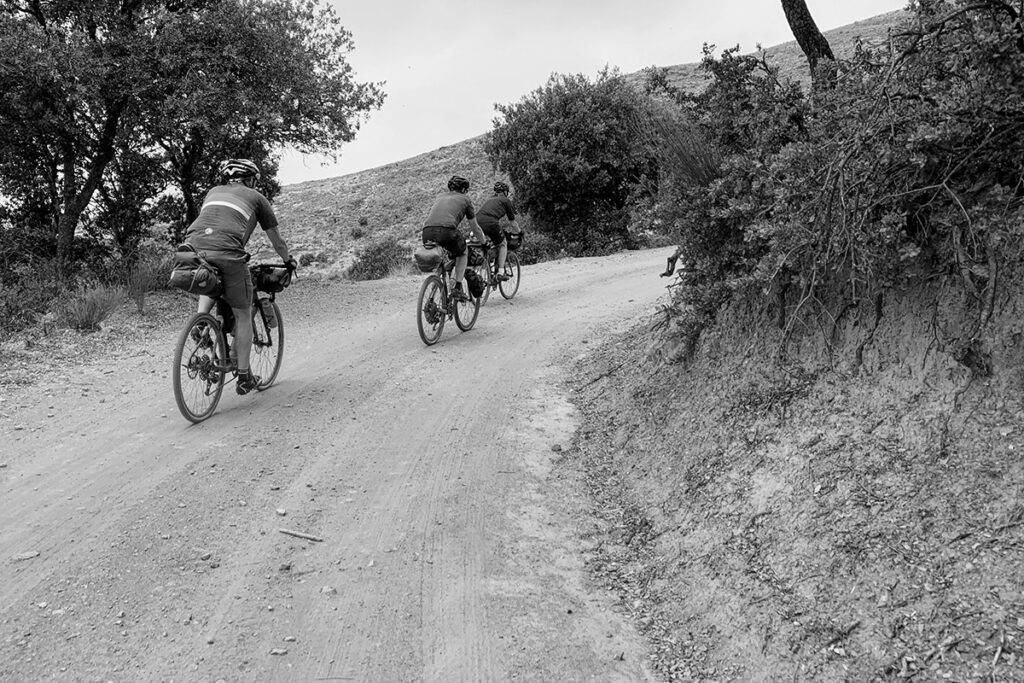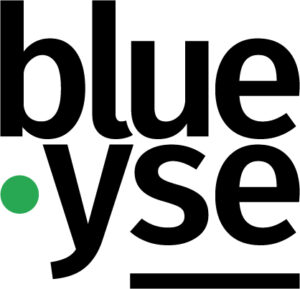
Leave no trace – in the world called ‘bikepacking’, this is a common statement. Bikepacking is travelling around on your bike, usually gravel bike or MTB, trying to live independently as much as possible. Everything you need is on your bike and locally you try to gather your keep.
‘Leave no trace’ is a term I first heard 5 years ago. It was the assignment we were given by James Olsen during the Torino Nice Rally. It came down to allowing us to travel right across the French-Italian Alps as long as we left no trace of our presence. As soon as that went wrong, the existence of this rally was in jeopardy because governments would refuse an event like this.
Since then, I myself have become more alert to leaving traces in nature. The huge amount of plastic and cans left in nature are a huge burden on our own environment. And if we don’t put a stop to this, things won’t get better.
Now, I don’t want to paint the umpteenth doomsday scenario and look much more to the contribution I myself can make in my immediate environment. It is easy to do small things like ’take plastic you see lying around’ or ’throw found cans in the nearest bin’. Or ‘do a year longer with bike shirt’. Small actions that contribute directly.
From my passion for cycling and nature, I really like the initiative of Shift Cycling Culture. They are working to make the cycling world a little more beautiful. They do this by working with major producers of bicycles, cycle clothing and accessories on ways to change production and distribution methods. This allows productions to be done more locally or to use other raw materials, for example. It doesn’t solve everything, but it can make a nice contribution to less waste and less use of raw materials. A very good initiative that I support.
Ultimately, it will contribute to the goal of achieving a new ‘leave no trace’ or at least ‘Leave a lot less trace’.
And now?
I would like to invite all readers of this piece to join me in thinking about possibilities for improving the living environment. Recently, we ourselves ran the #YouAreWhatYouSpeak campaign. That way, we drew and received attention to ‘microaggressions’ in the workplace. In a similar way, we could also work on this. Would you like to brainstorm or do you have a fun idea? We’d love to think with you… email paul@blueyse.agency and I’ll get back to you. You can also fill in our form.
